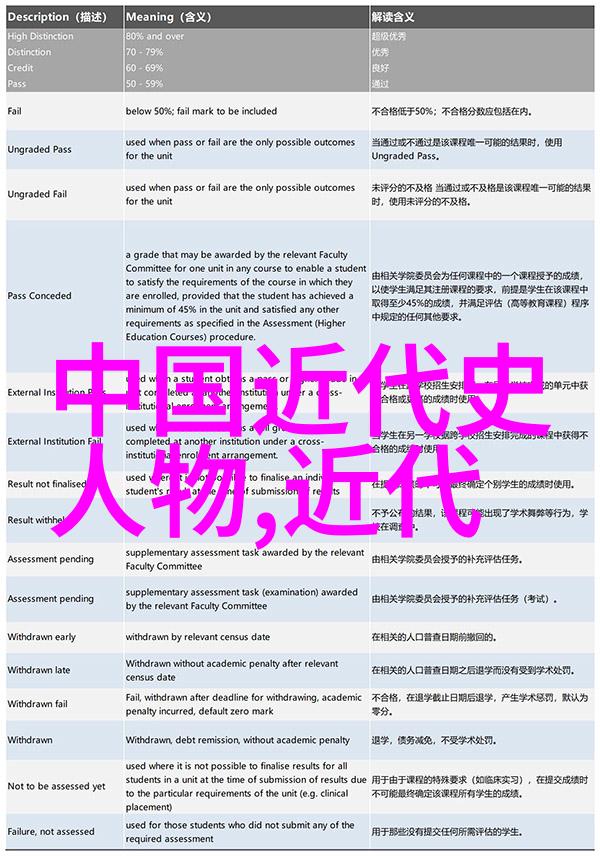The Indomitable Spirit of Mahatma Gandhi A Beacon
Early Life and Influences

Mahatma Gandhi was born on October 2, 1869, in Porbandar, a coastal town in the state of Gujarat, India. His father was a high-caste Hindu official who served as a diwan (prime minister) to the local ruler. Gandhi's early life had significant influences that shaped his future path. He studied law at University College London and later became involved with the Indian independence movement.
The Salt March and Civil Disobedience

In 1930, Gandhi led thousands of Indians in a historic march from Ahmedabad to the coastal city of Dandi to protest British salt taxes imposed on India's poor population. This event sparked widespread civil disobedience across India and earned him international recognition for his nonviolent resistance techniques.
Satyagraha Philosophy

Gandhi's philosophy of satyagraha emphasizes mass noncooperation with oppressive systems using peaceful means such as boycotts, strikes, and marches rather than violence or armed struggle. This approach aimed to create moral pressure on oppressors by demonstrating their lack of popular support while simultaneously promoting self-discipline among participants.
Role in Indian Independence

Gandhi played an instrumental role in India's struggle for independence from British colonial rule through his leadership during various movements including Quit India Movement (1942-1944), which called for immediate independence for India but was met with harsh repression by the British government.
Legacy Beyond National Borders

Gandhi's influence extended far beyond national borders; he inspired movements advocating civil rights around the world including Martin Luther King Jr.'s use of nonviolent tactics during America's Civil Rights Movement (1955-1968). Today Gandhian principles continue inspiring social justice campaigns globally – testament to his enduring legacy as champion of peaceable resistance against injustice.
This article has been written based on historical facts about Mahatma Gandhi; however it is not exhaustive nor does it claim any original research content provided here may be used under fair use provisions under copyright law



